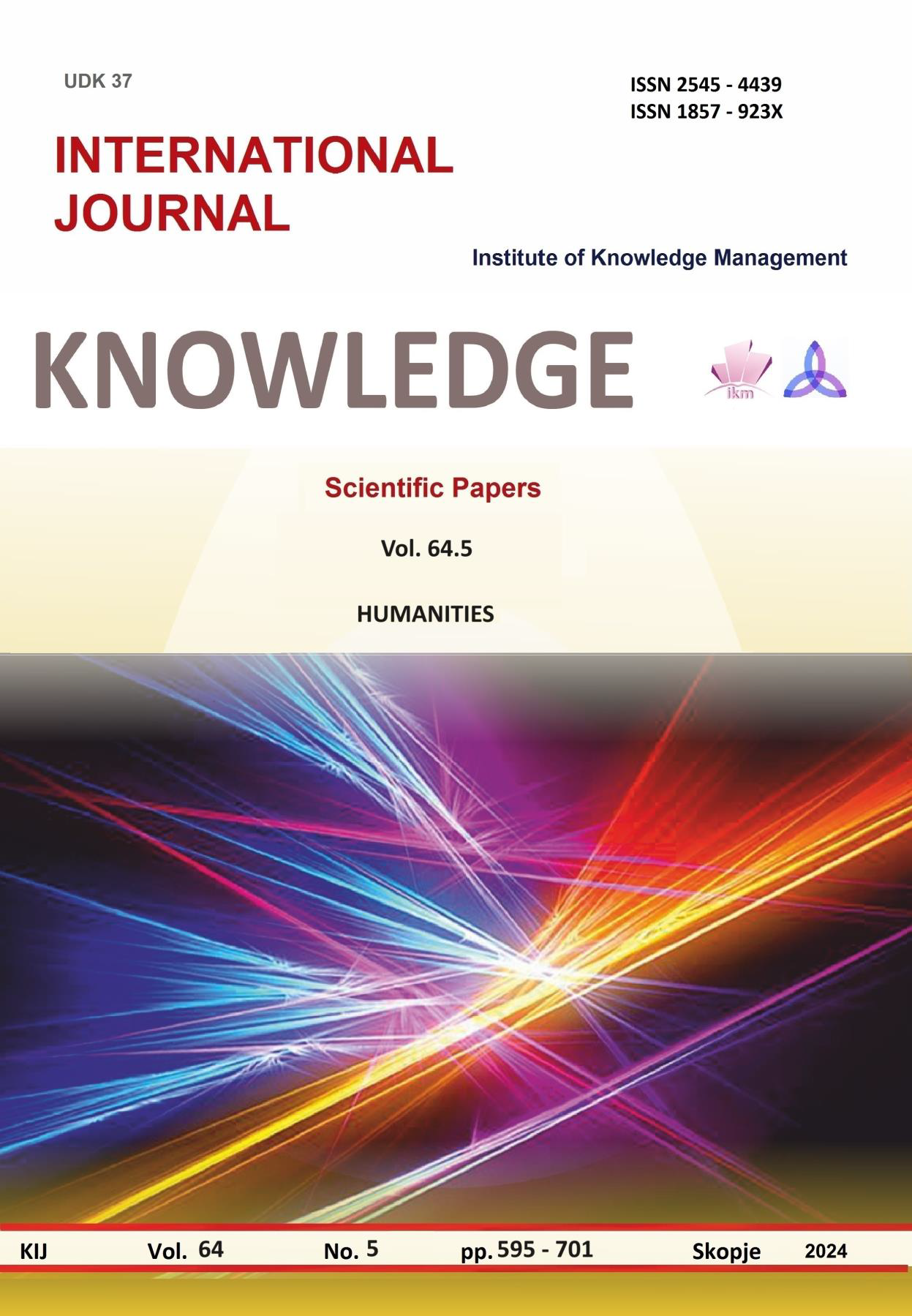КУРИКУЛАРНИ ОСНОВИ НА ЕЛЕМЕНТАРНАТА ЈАЗИЧНА ПИСМЕНОСТ ВО РЕПУБЛИКА СЕВЕРНА МАКЕДОНИЈА
CURRICULAR BASES OF ELEMENTARY LANGUAGE LITERACY IN REPUBLIC OF NORTH MACEDONIA
Author(s): Anita Shterjoska MitreskaSubject(s): Language studies, Education, Philology
Published by: Scientific Institute of Management and Knowledge
Keywords: literacy;phonemic awareness;reading;writing;assessment
Summary/Abstract: The dialectical unity of thought, language and speech is the basis of the curriculum design of language literacy teaching in the first developmental period of primary education. Namely, without clear thought there is no clear speech, and the development of speech is the driver of logical thinking. The key components of elementary language literacy (speech, initial reading and writing as well as reading comprehension) are embedded in the Learning Outcomes that are standardized in the National Curriculum. In 2021, a new Concept for the development of primary education was adopted in the Republic of North Macedonia, which resulted in new Curricula. The most relevant data on the quality of the named normative changes and the efficiency of the teaching practice are the educational achievements manifested by the students at the end of the school year. Assessment of student achievement is based on national assessment standards that recognize different weight levels and/or functional levels from the Bloom Sanders taxonomy of critical thinking. In the paper, we present findings from a scientific research conducted under the title: Language expression of students in the first cycle of primary education, in which the subject of interest is the educational achievements of students at the end of the first, second and third grades. The sample consisted of a total of 253 students from several primary schools in R. North Macedonia. The data we gathered refer to the pre reading skills, reading comprehension, and written expression of the students. Concurrently, these variables are considered in correlation with national curriculum standards. In the research, a survey was applied with an instrument a teaching worksheet with questions and tasks arranged that correspond to the indicators of the assessment standards. A qualitative and quantitative analysis was made to test several auxiliary hypotheses in order to confirm the main hypothesis: Students from the first educational cycle in the Republic of North Macedonia do not sufficiently reach the standards for language expression that are set in the national normative framework. From the obtained scientific knowledge, we generated indicators for determining the quality of the new Curricula, and, at the same time, we defined guidelines for the improvement of the normative basis of the teaching practice in language literacy.
Journal: Knowledge - International Journal
- Issue Year: 64/2024
- Issue No: 5
- Page Range: 645-651
- Page Count: 7
- Language: Macedonian

